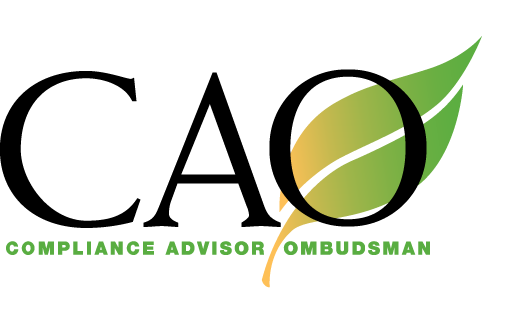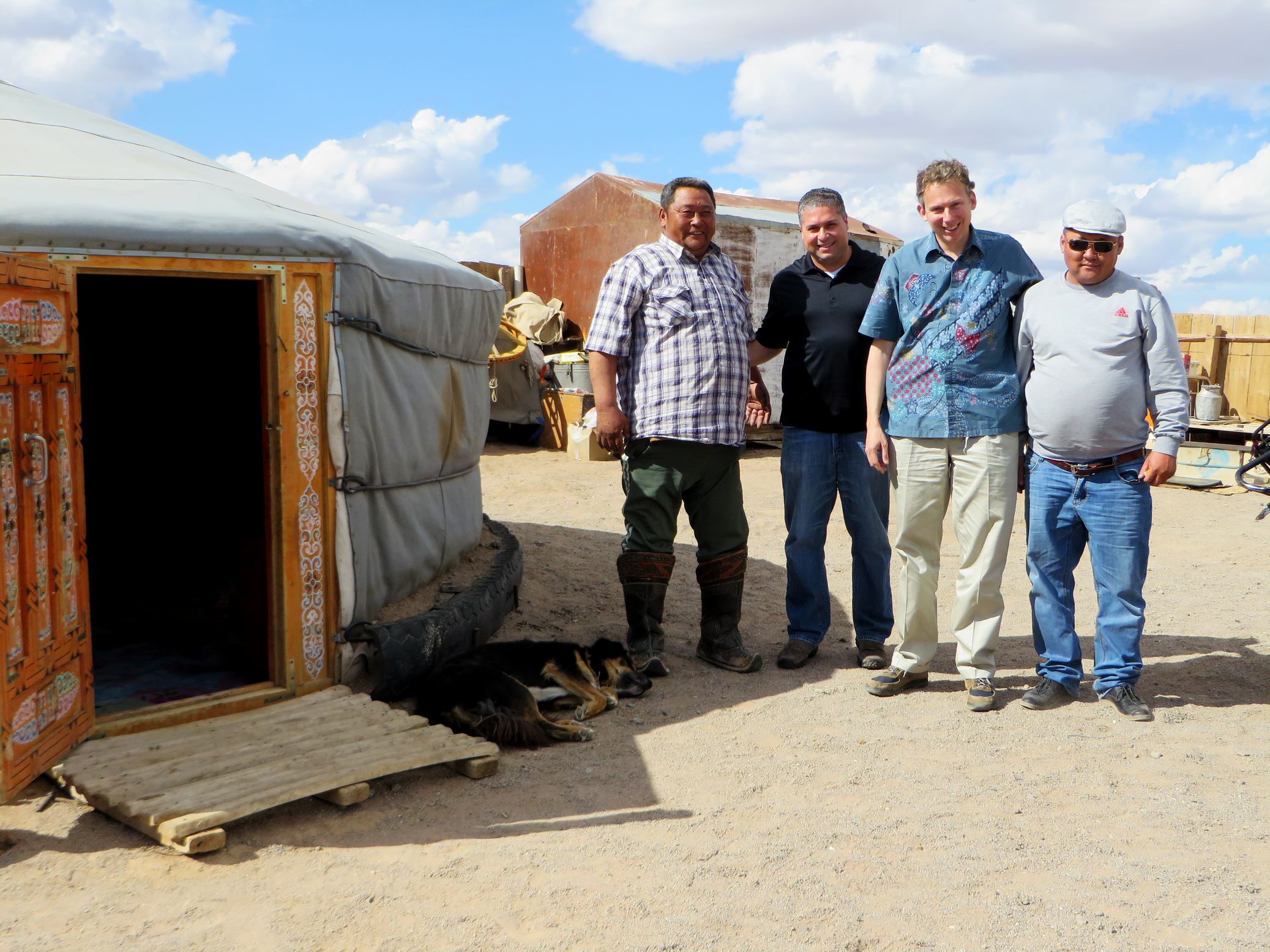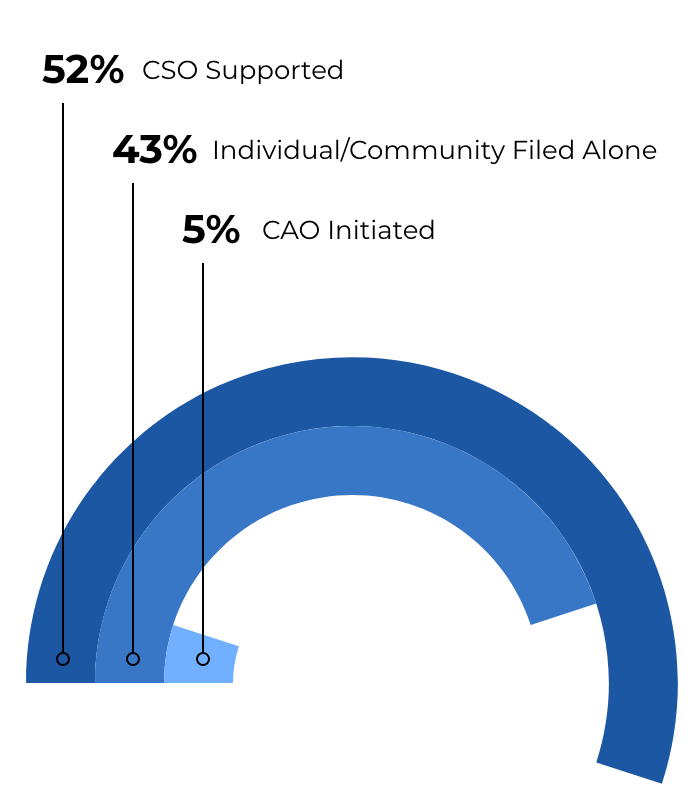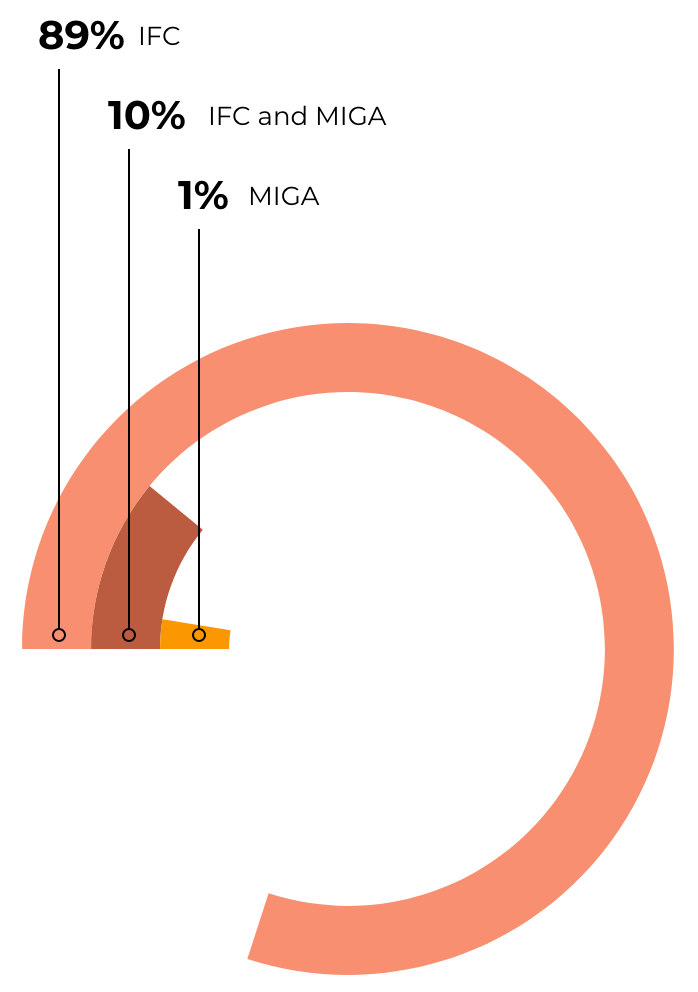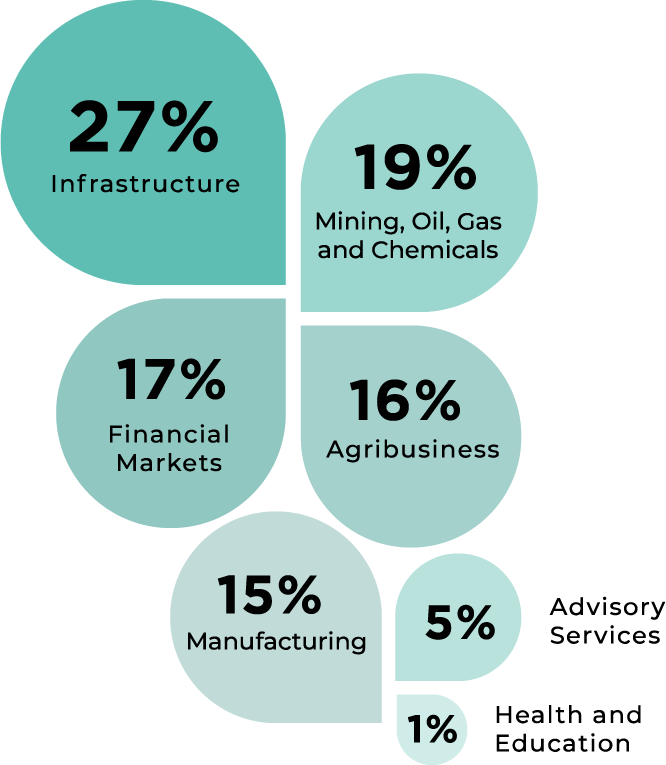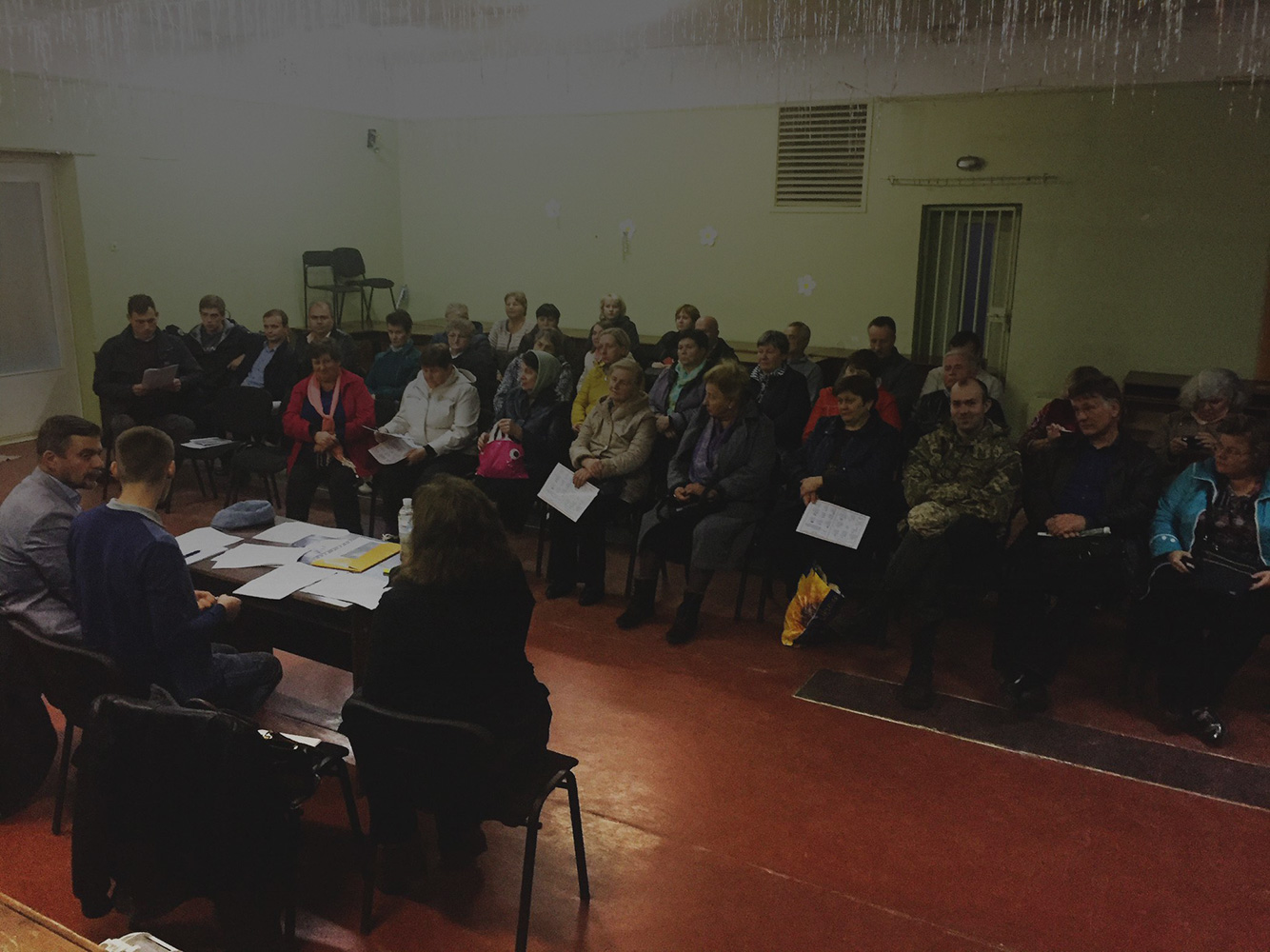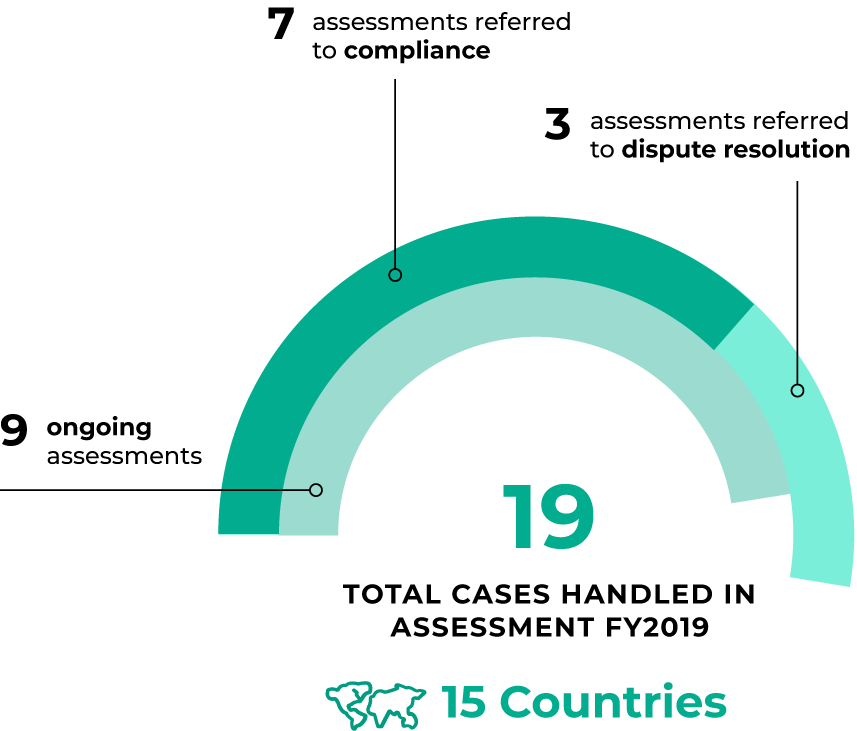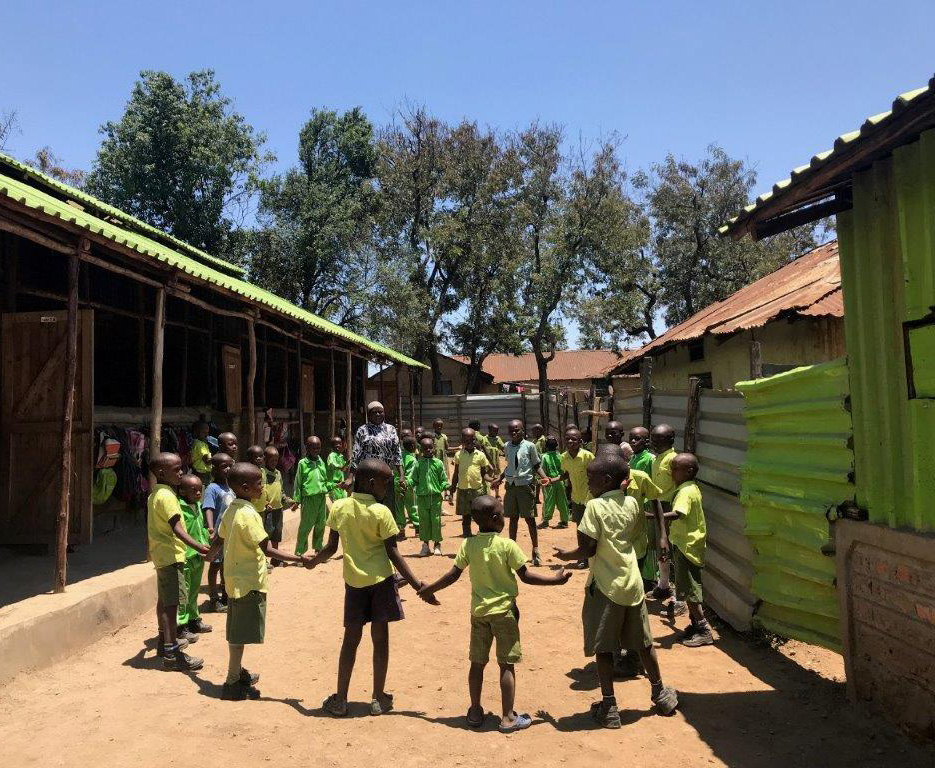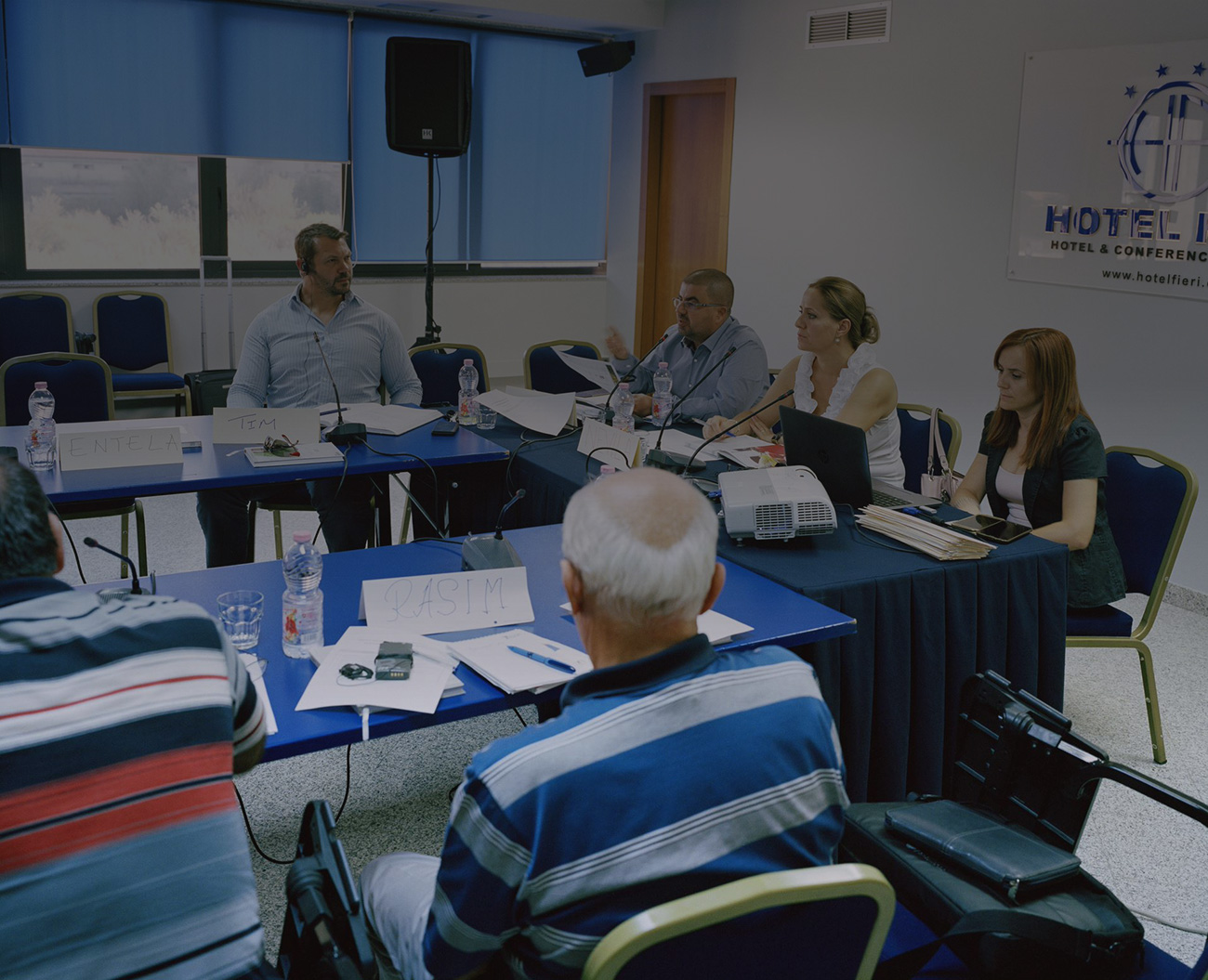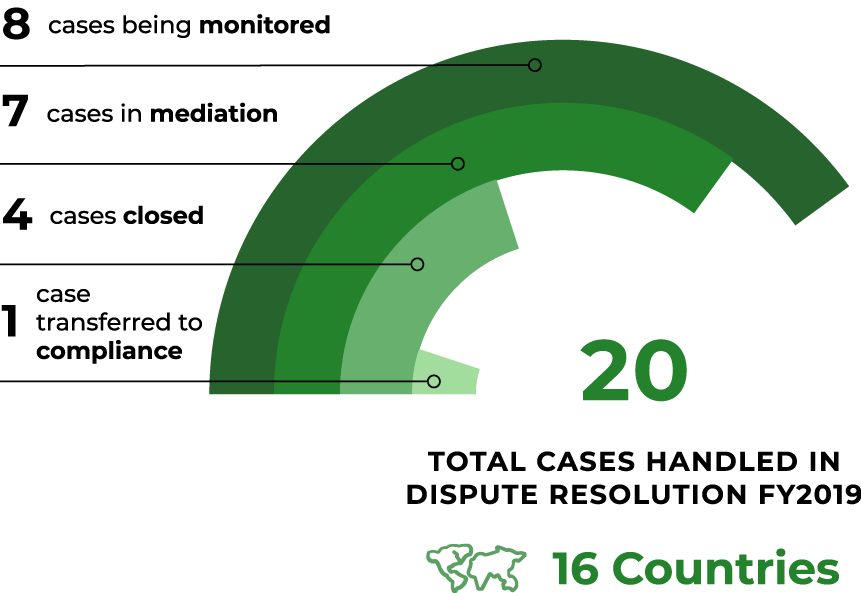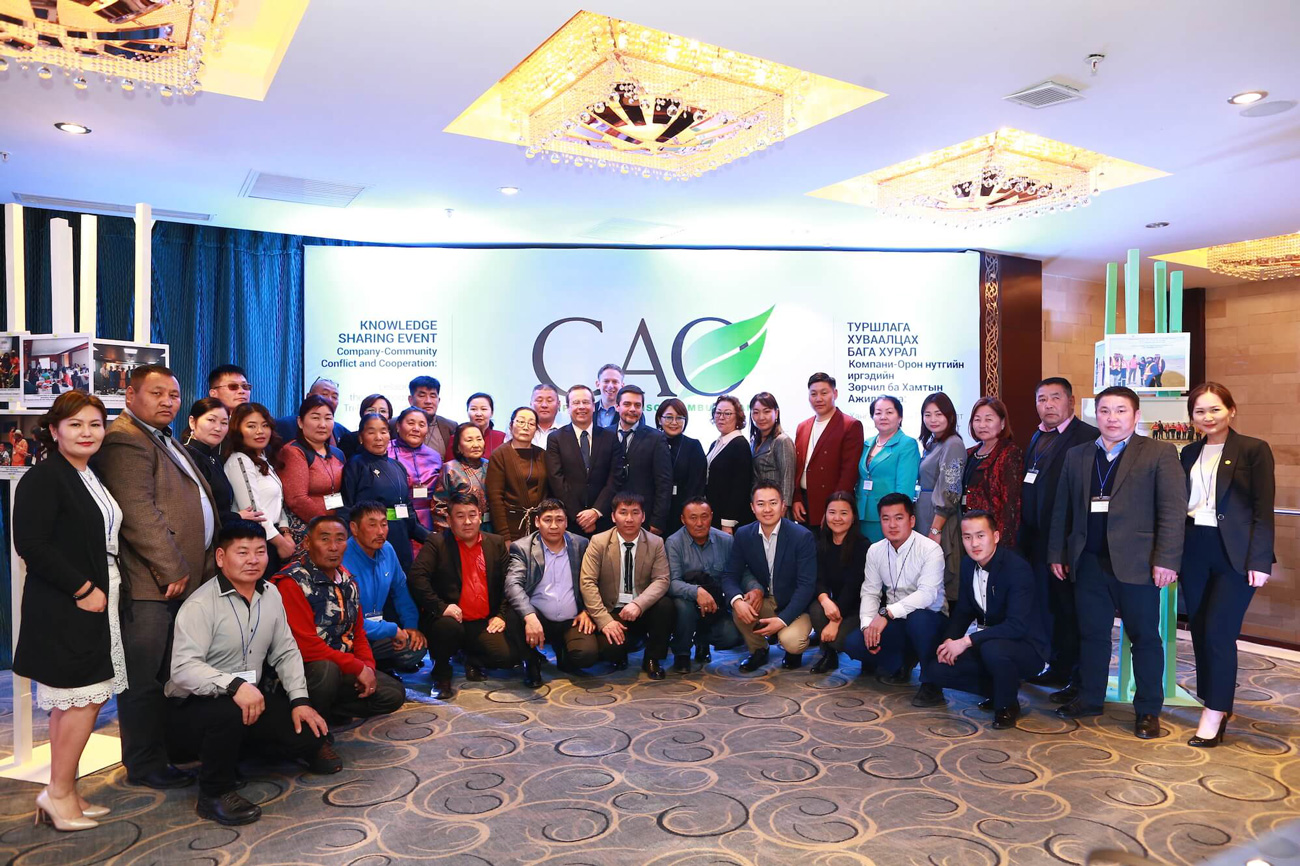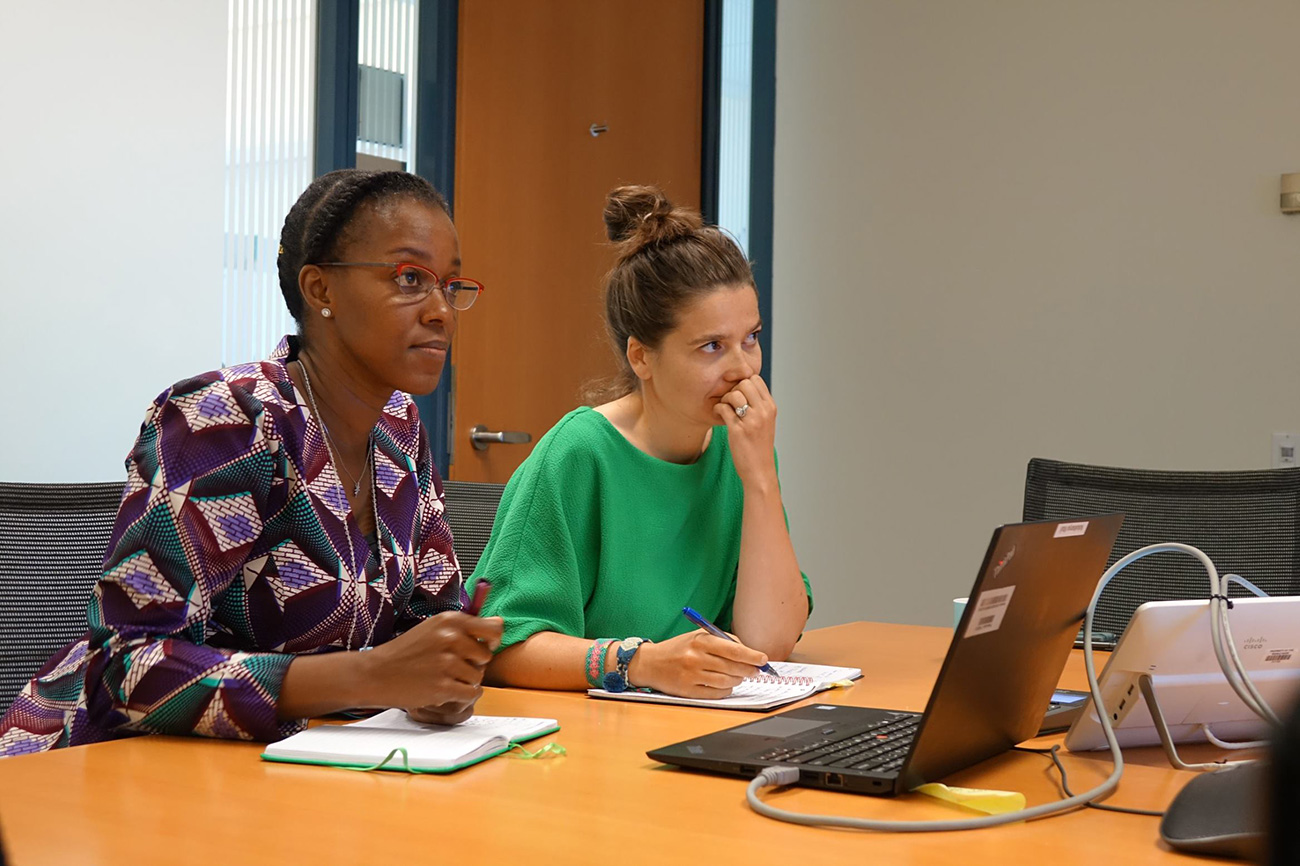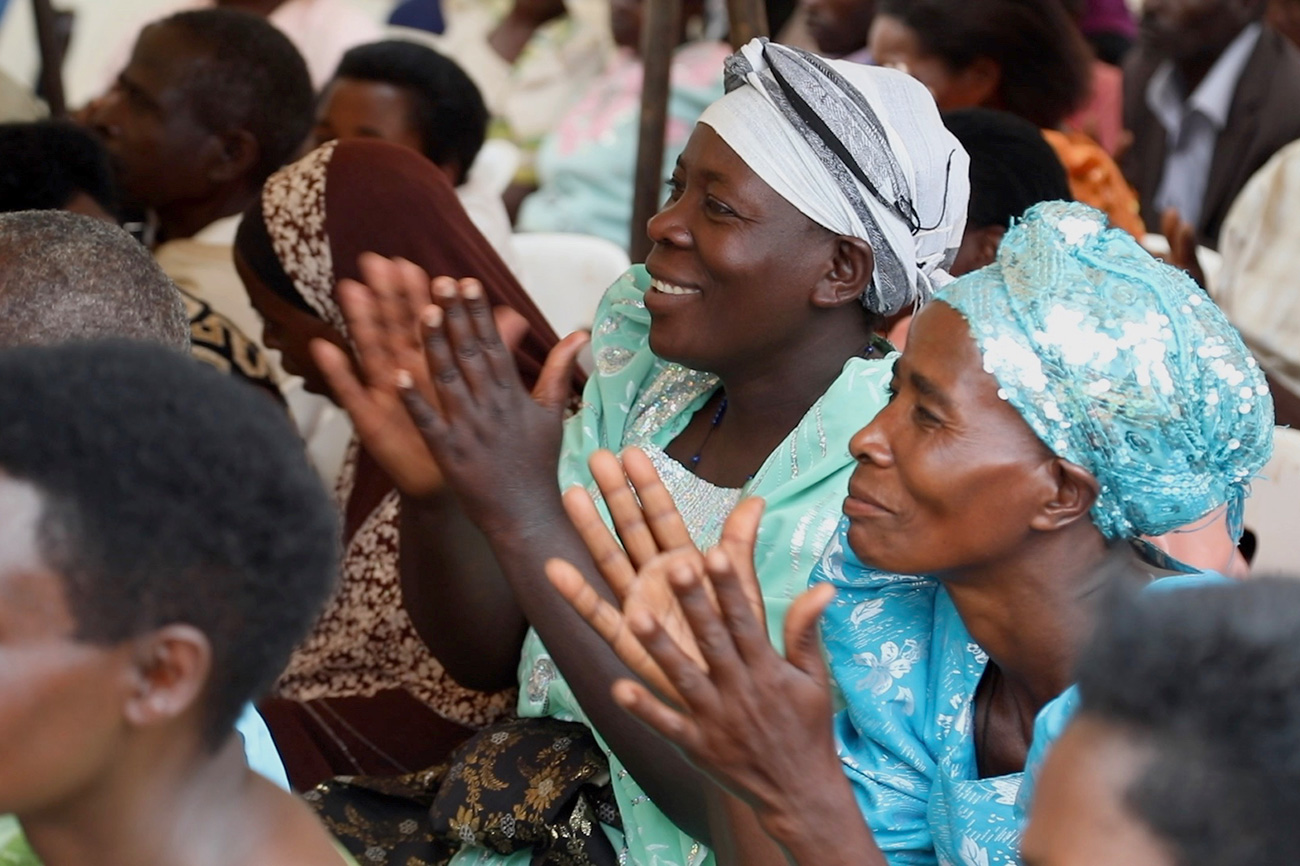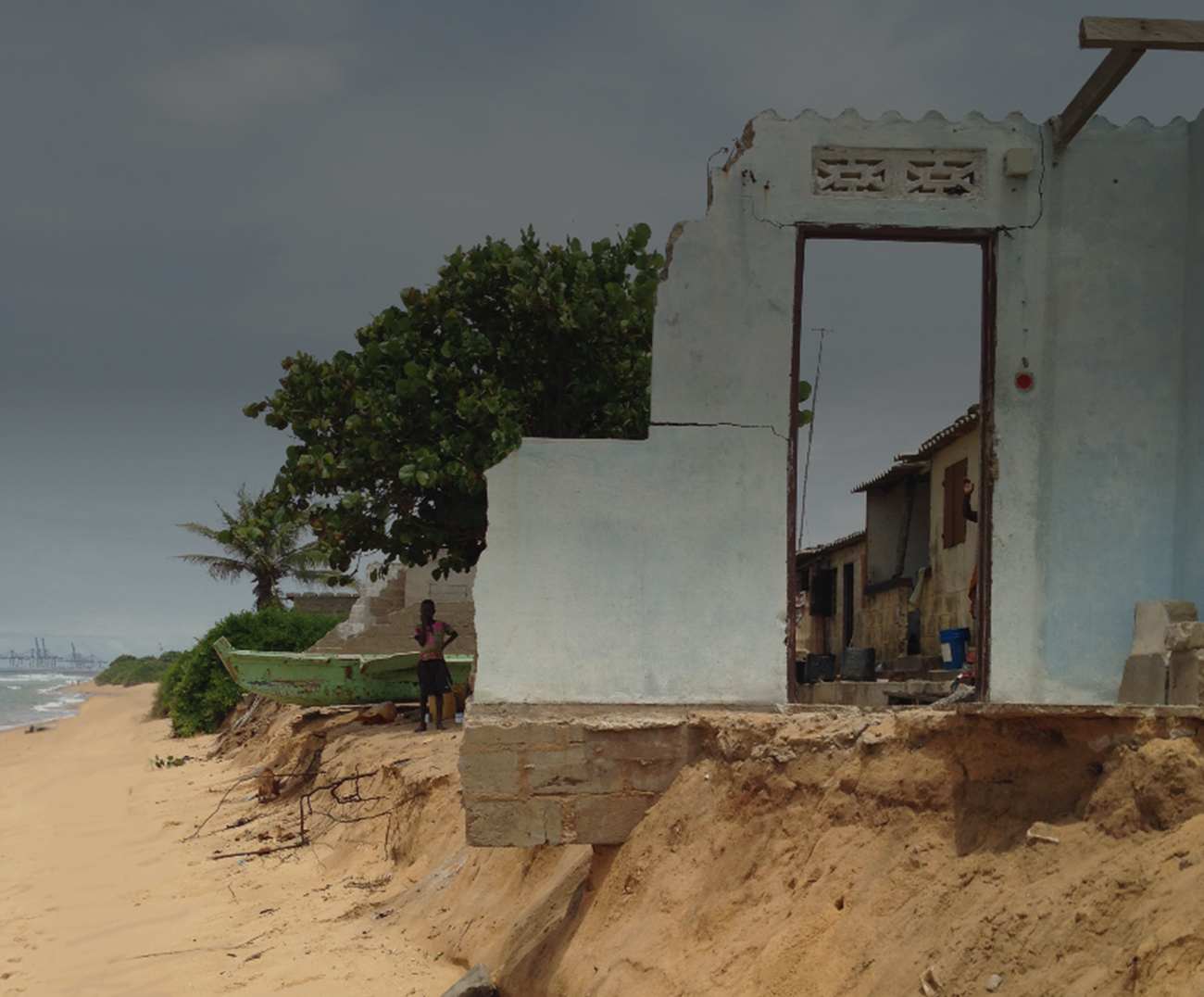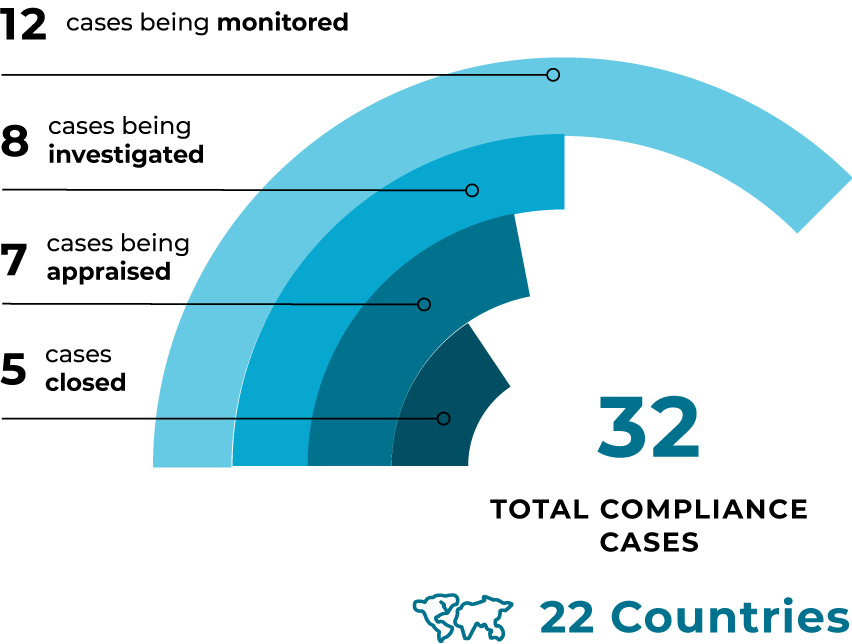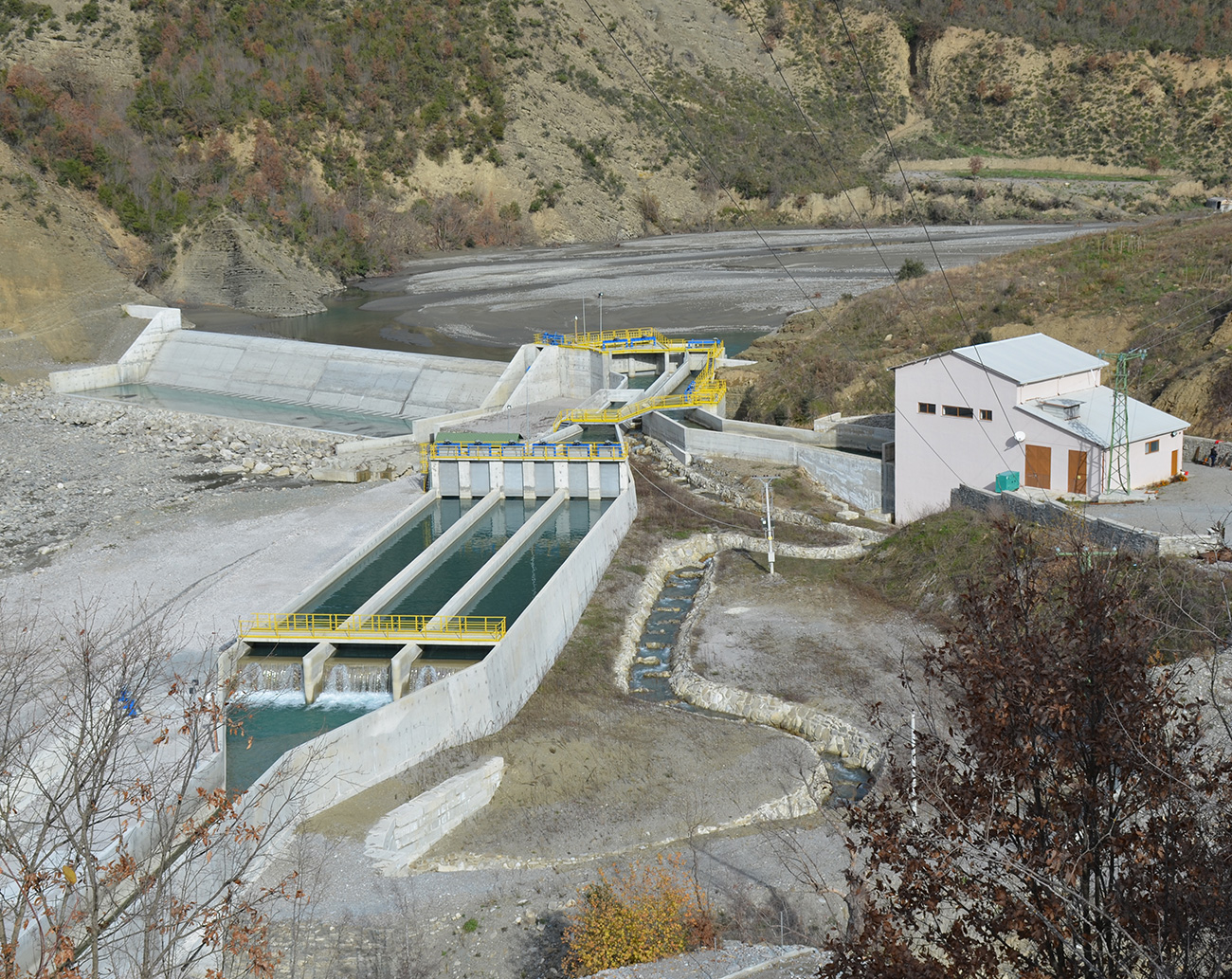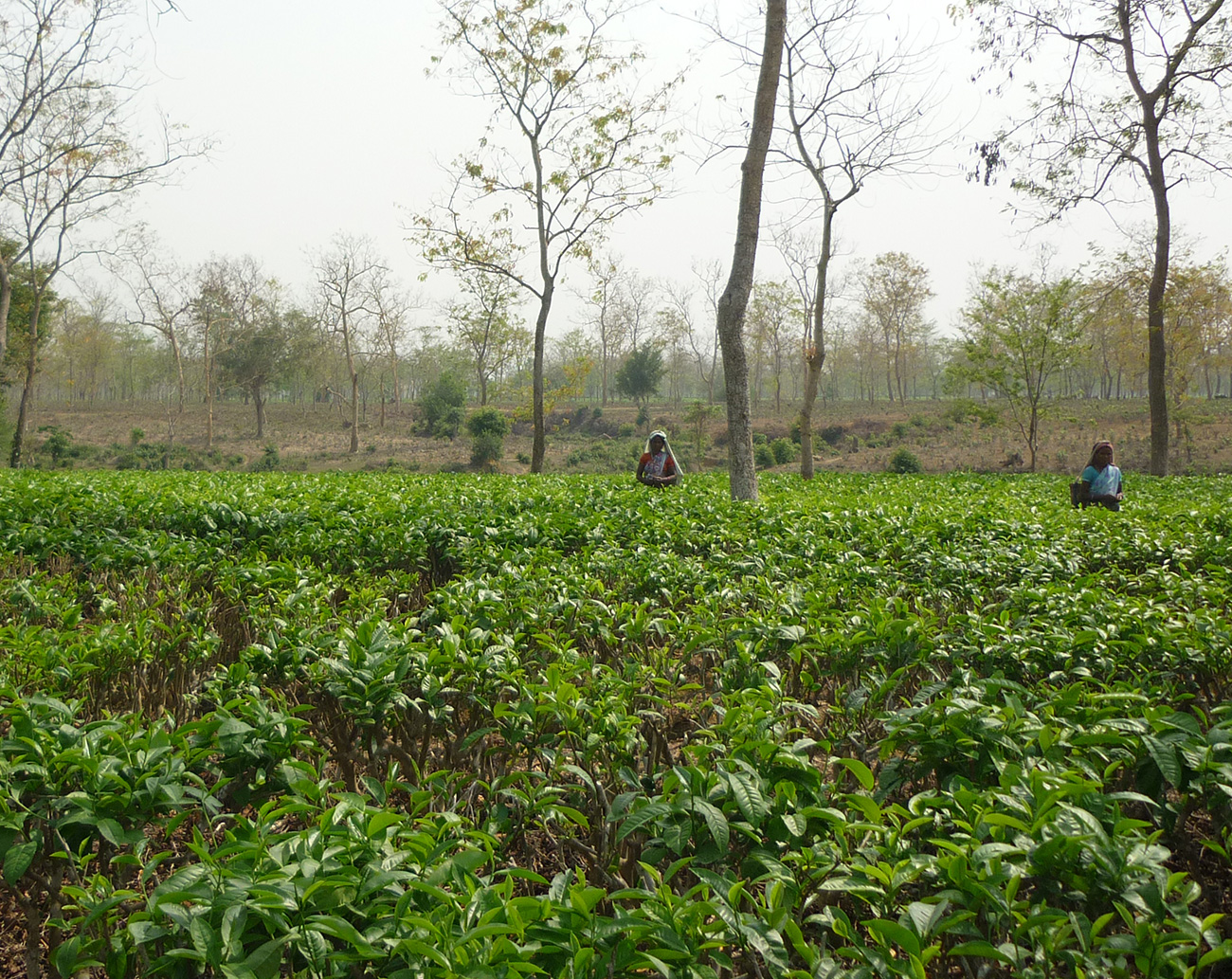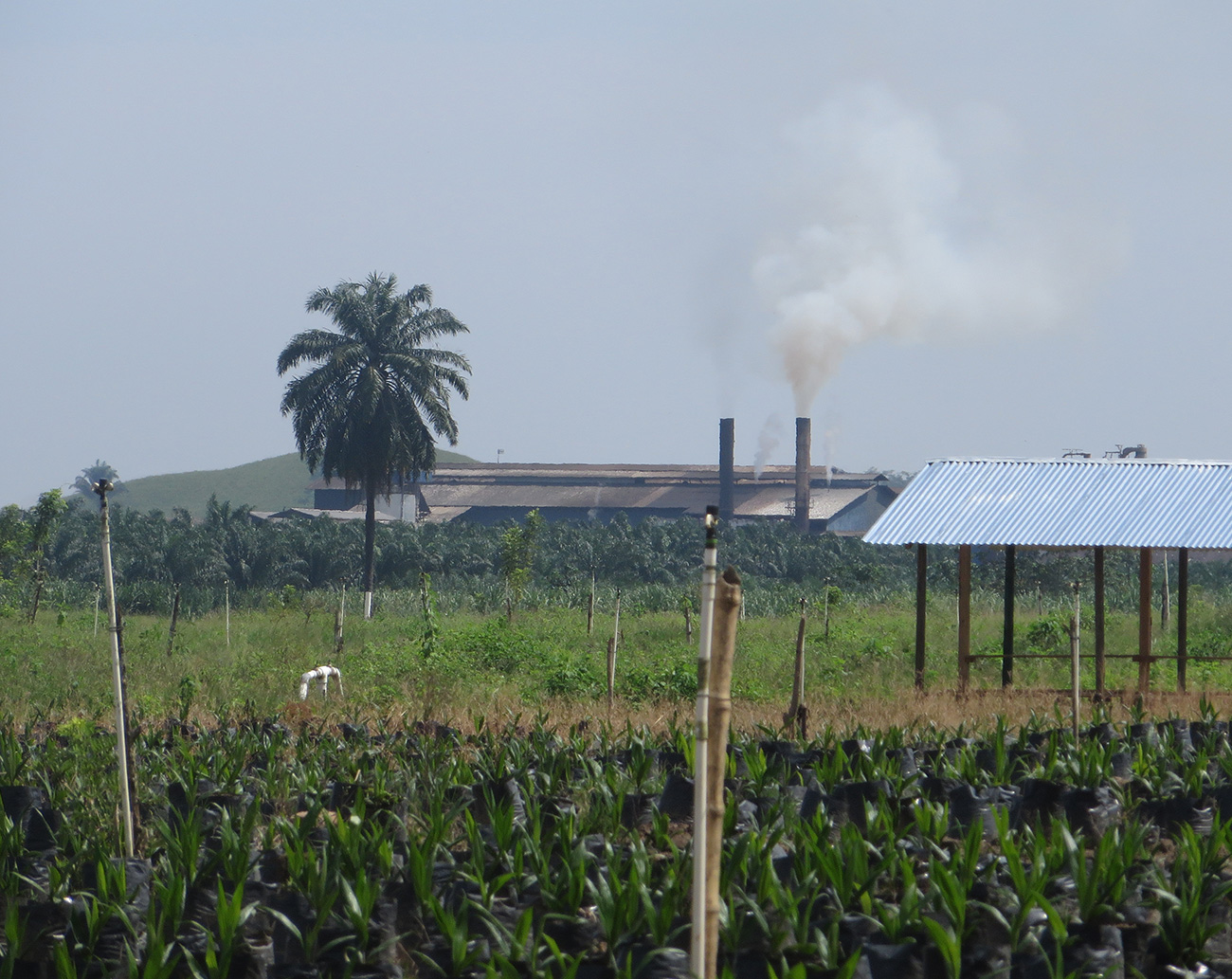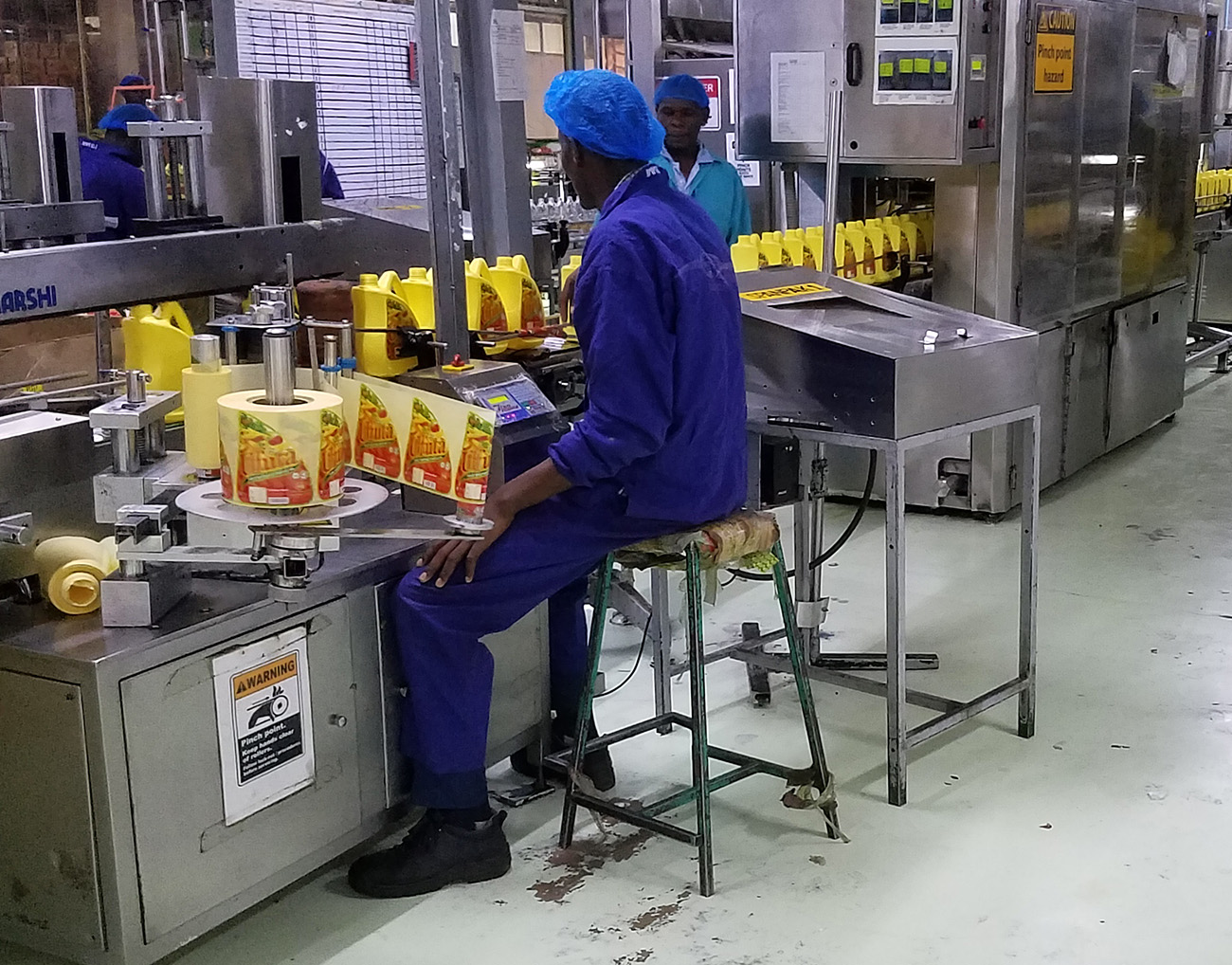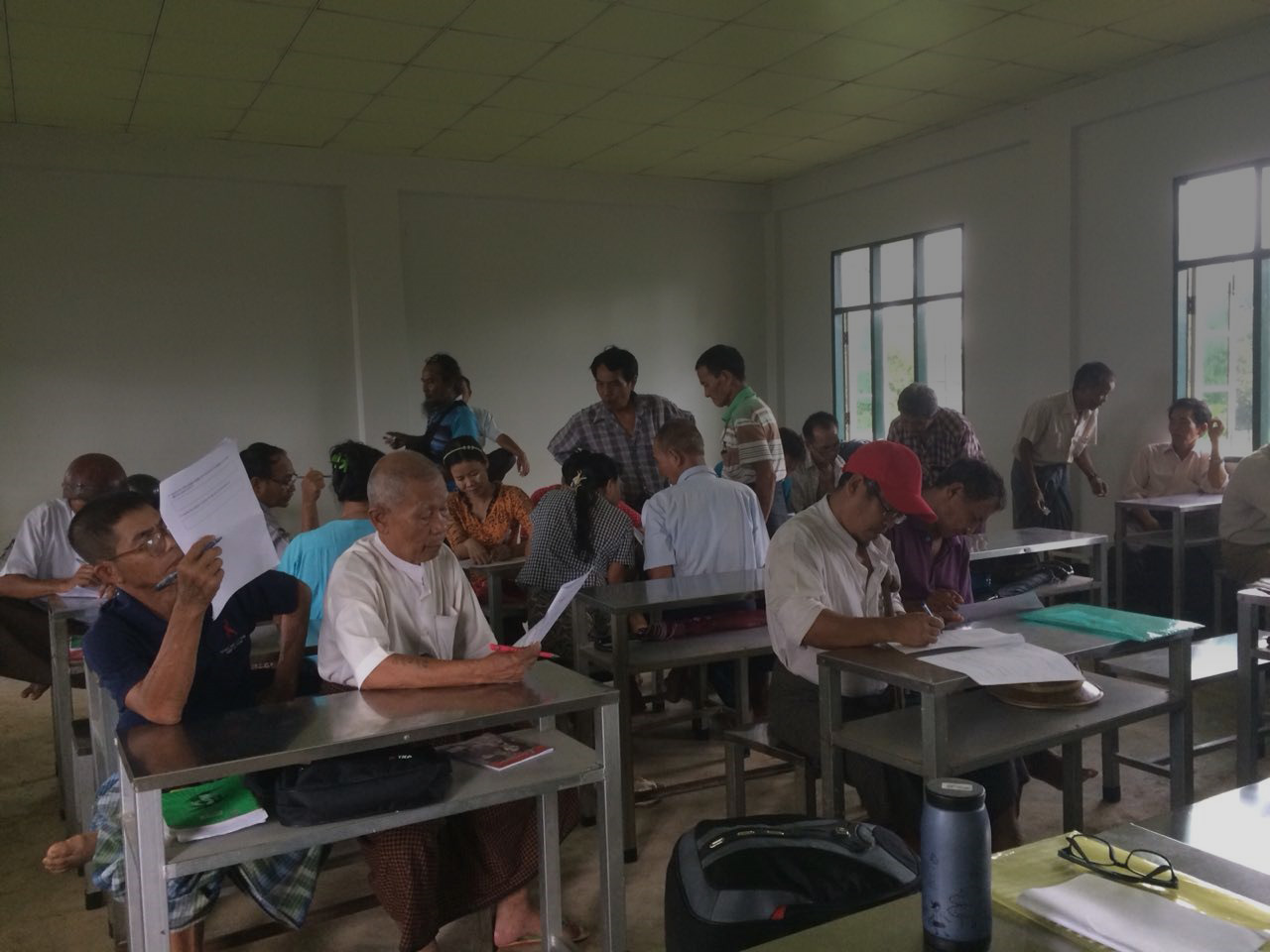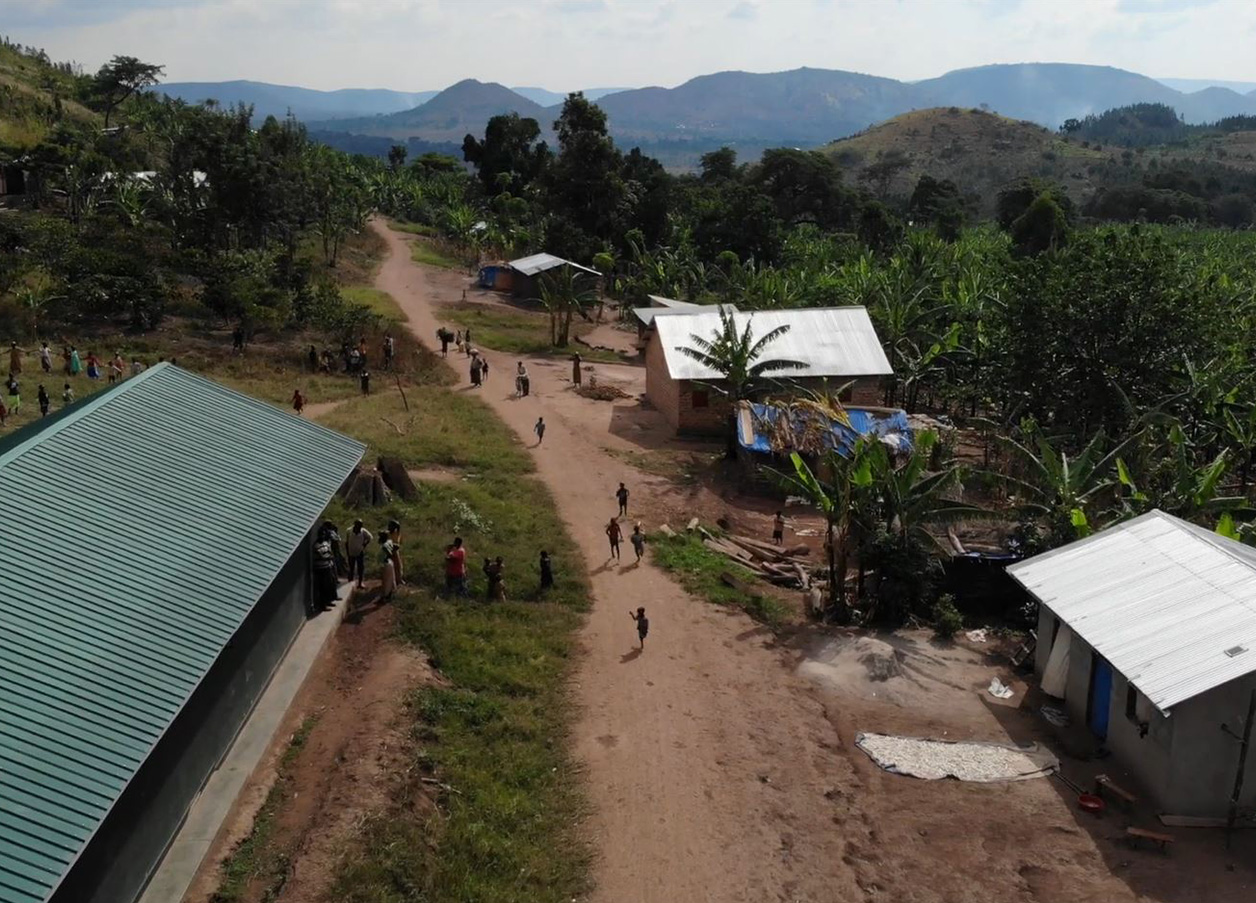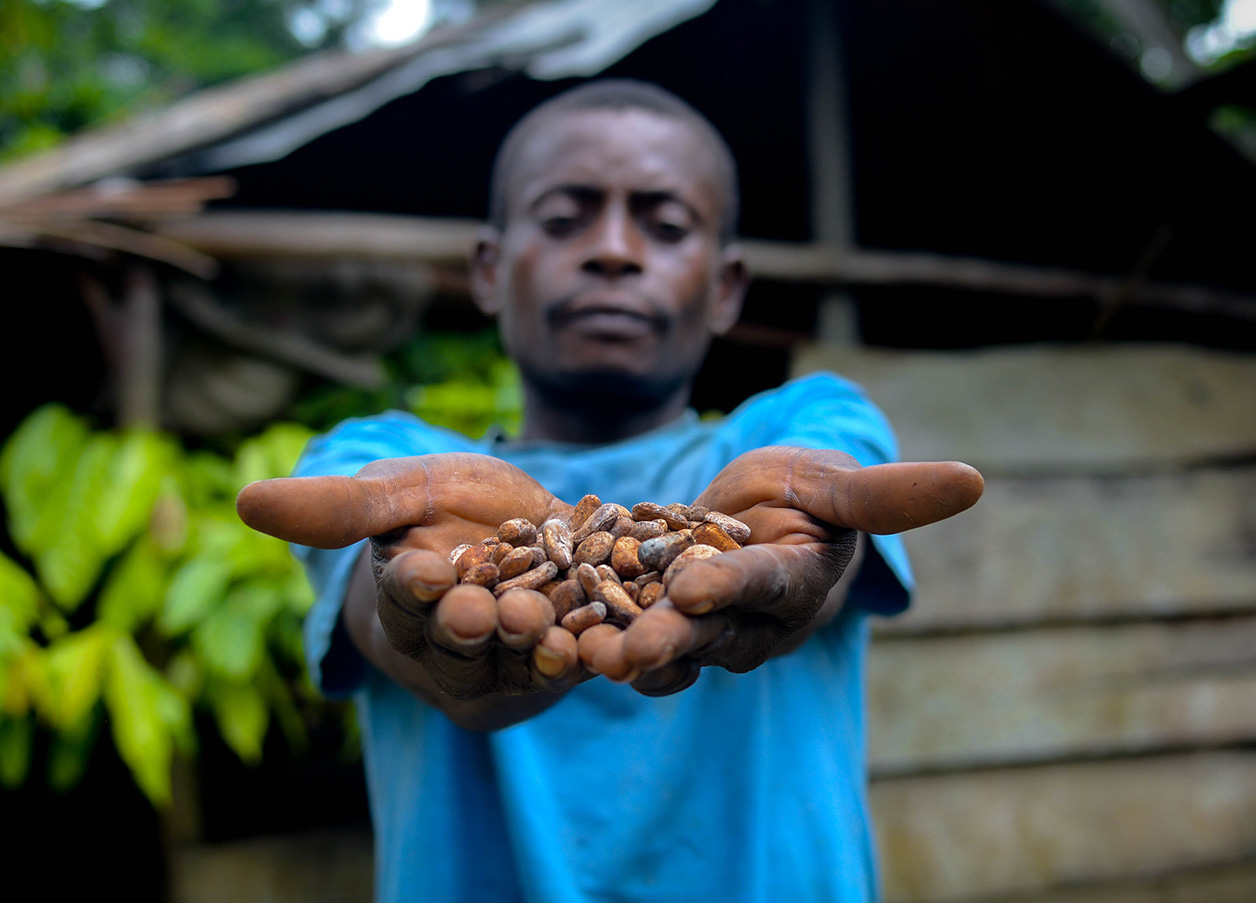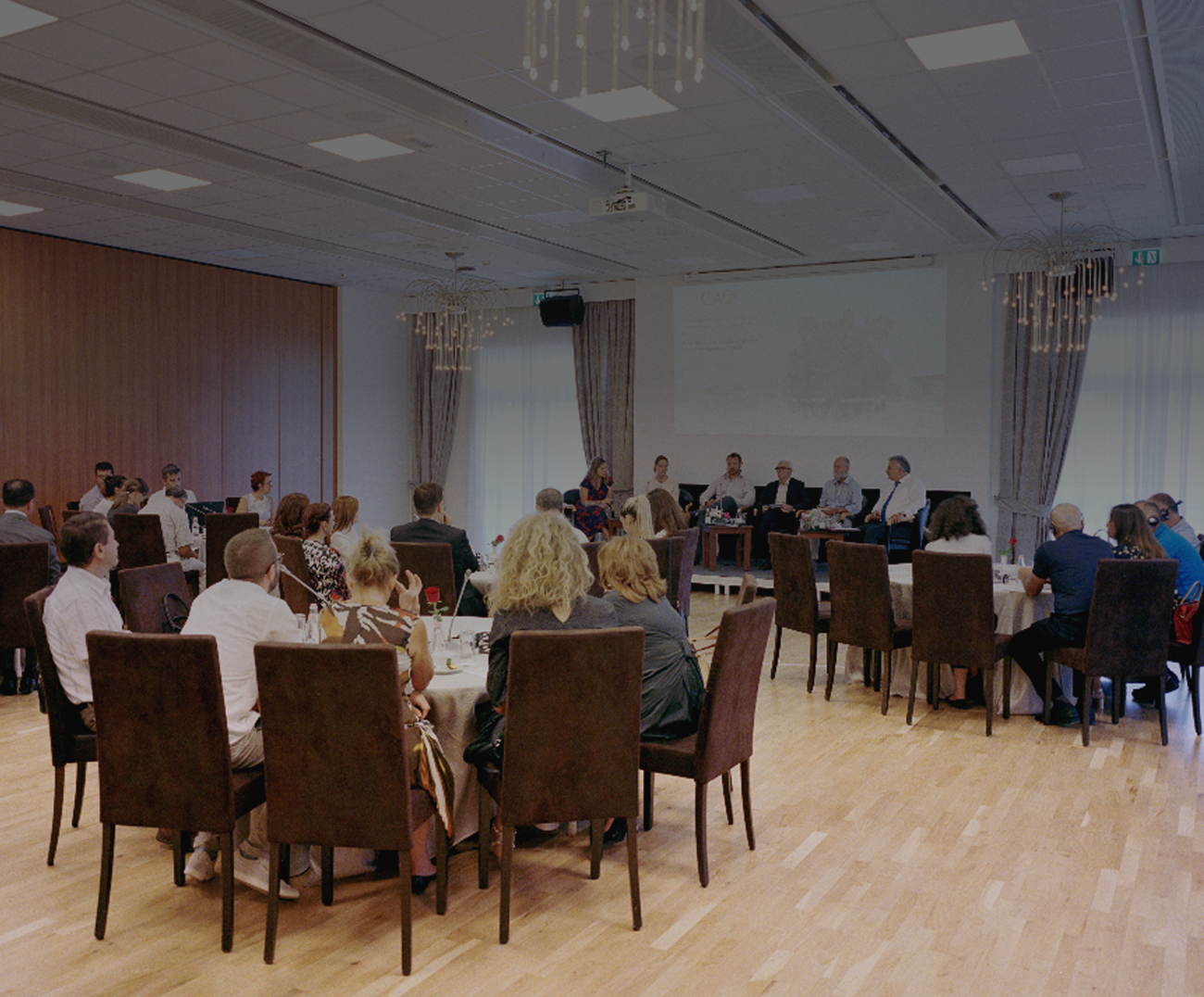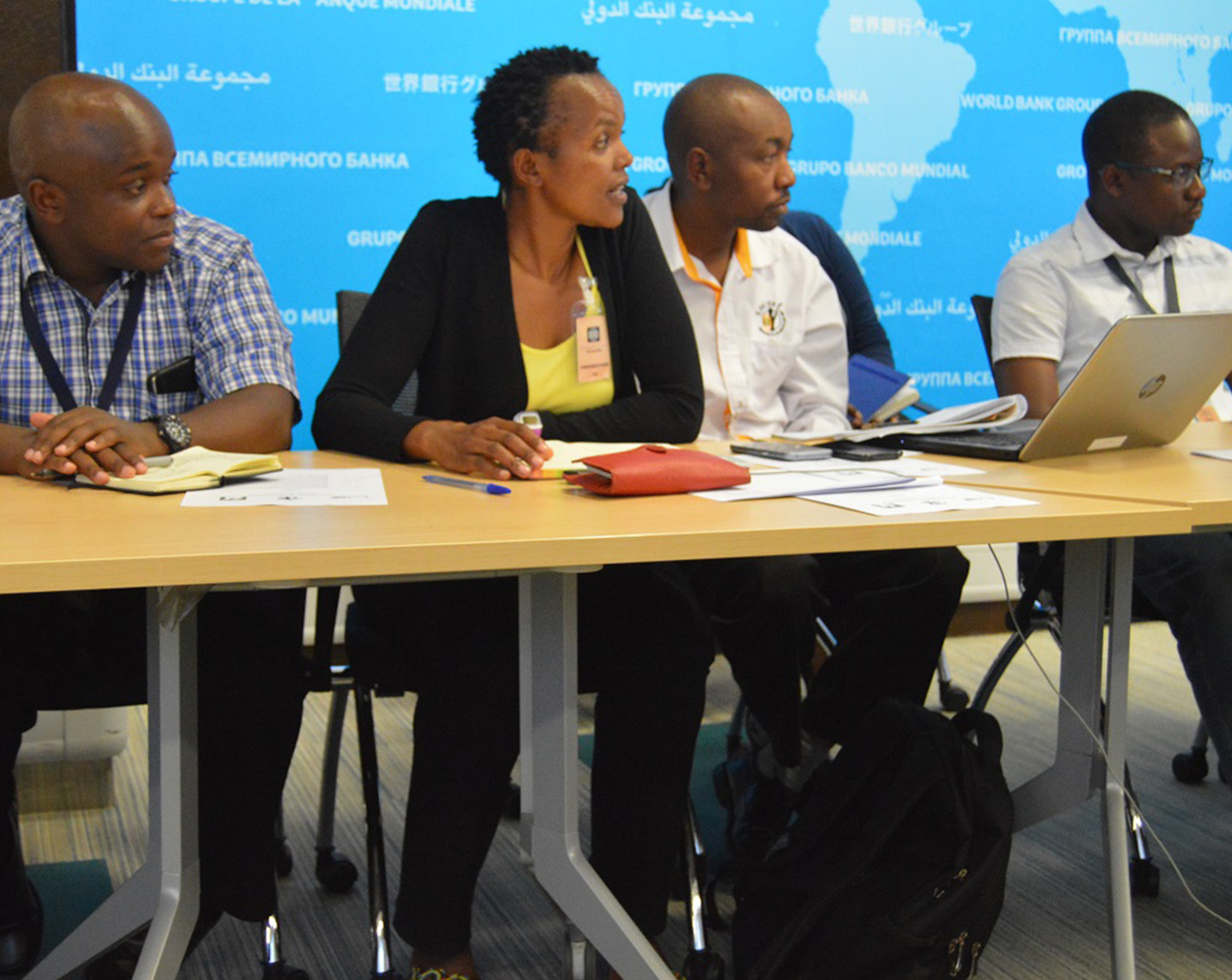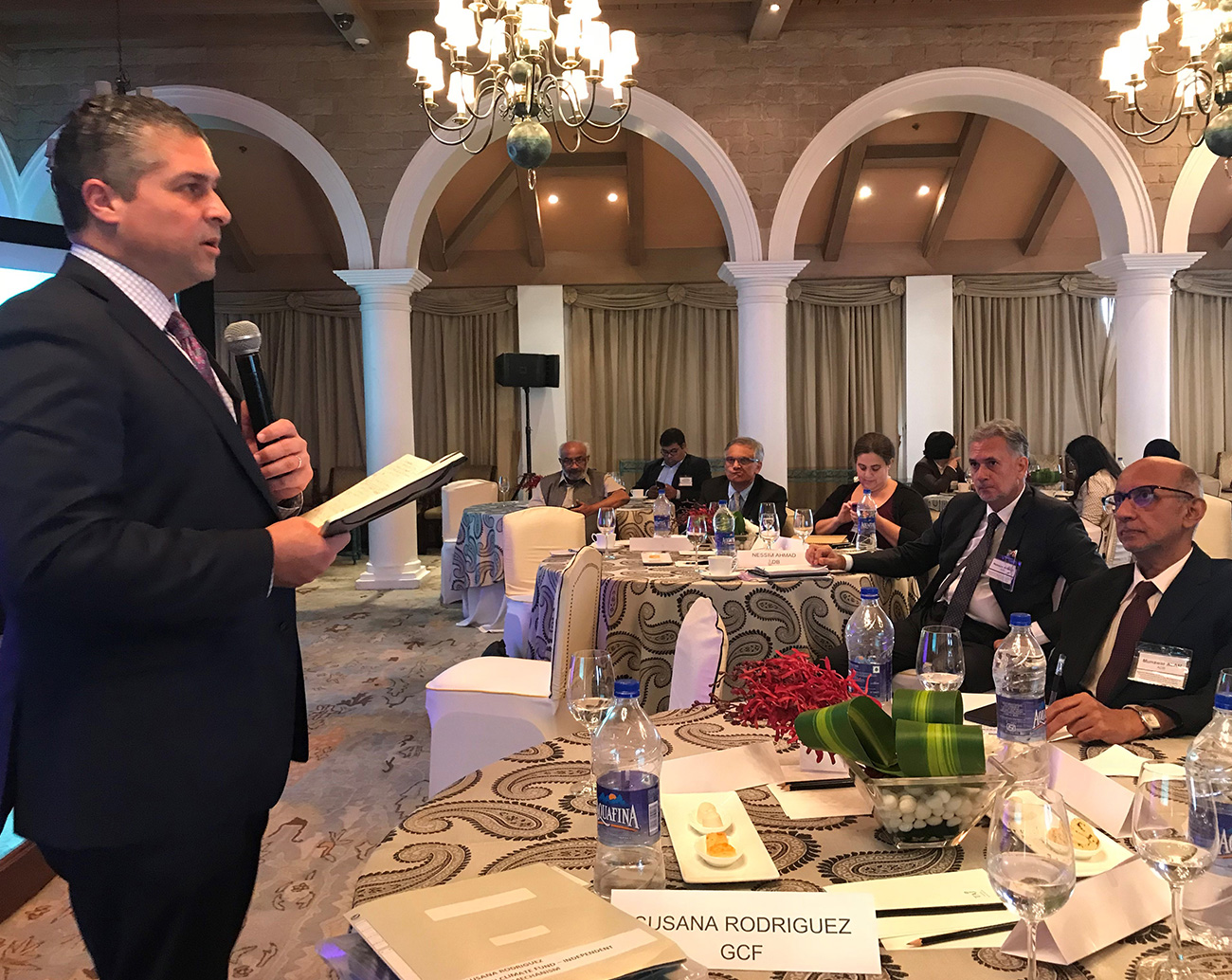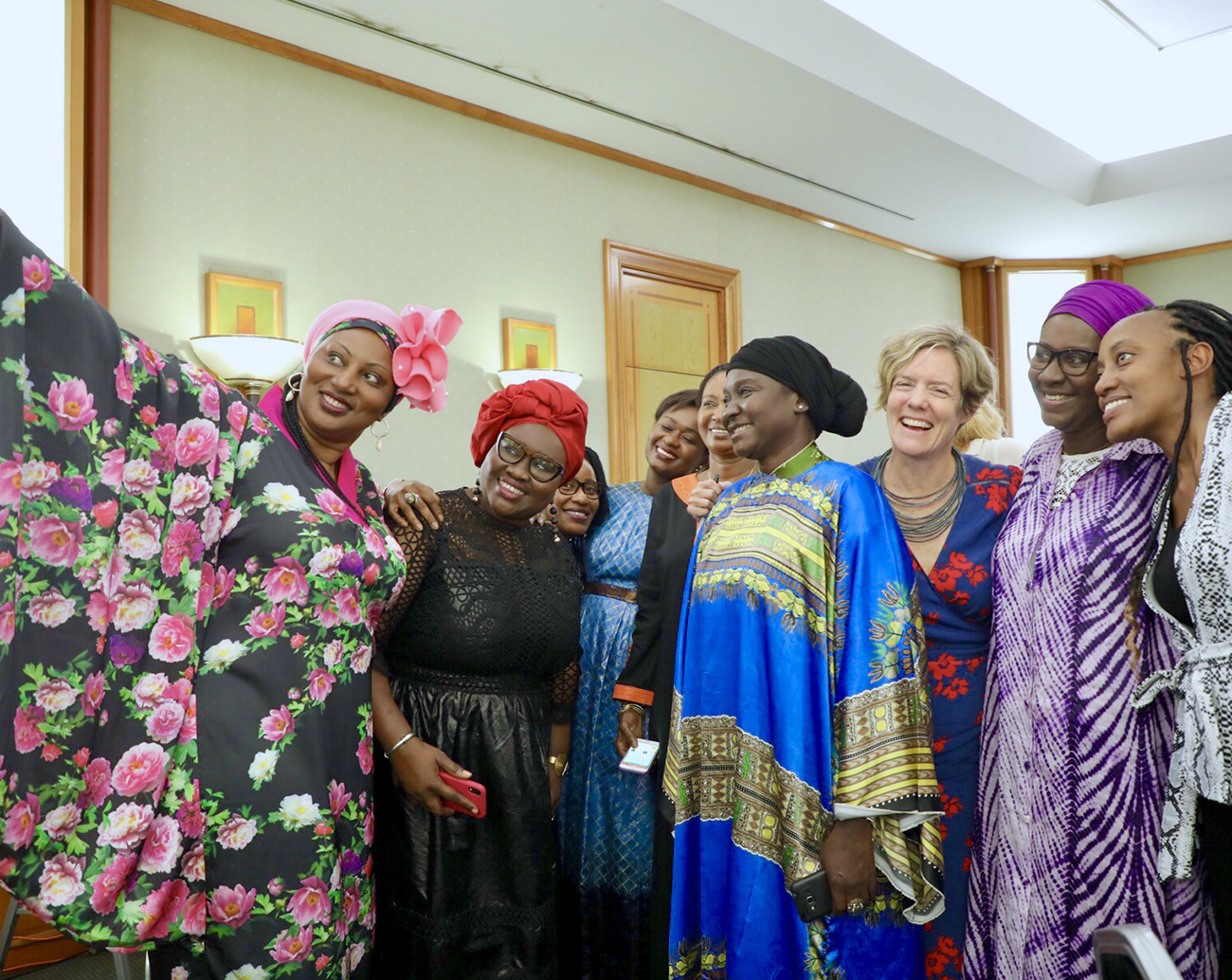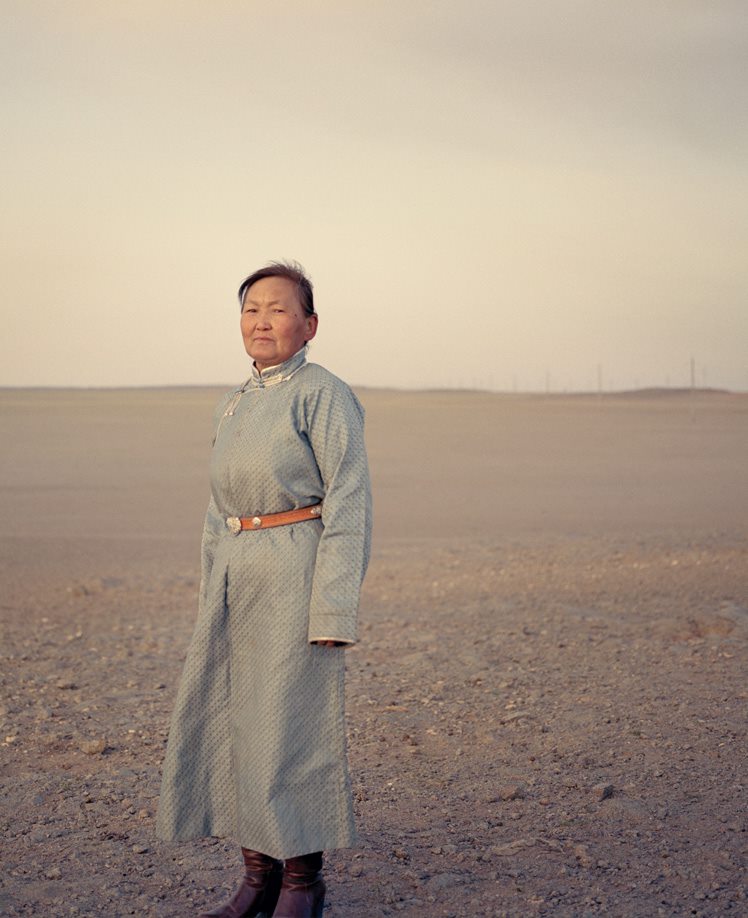Kenya: CAO Assesses Case Regarding IFC Support to Low-Cost Private Schools
Bridge International Academies is Africa’s largest chain of low-cost private schools. Founded in 2007, the company aims to provide affordable, quality education to children from families earning less than US$2 per person per day.
Since Bridge opened its first school in Nairobi, Kenya in 2009, operations have grown to hundreds of schools across the country, as well as a chain of schools in India, Liberia, Nigeria, and Uganda. In April 2018, CAO received a complaint from the East Africa Centre for Human Rights, a Kenyan NGO, on behalf of 10 current and former parents and teachers at Bridge. The complaint expresses concerns about Bridge’s compliance with international and Kenyan laws, and IFC’s policies, as well as concerns about economic discrimination, parental inclusion, and transparency regarding the operation of the schools.
A CAO team traveled to Kenya in September 2018 to meet with the complainants and Bridge management. CAO visited six Bridge schools located in Nairobi, Homa Bay, Kisumu and Mombasa. With the support of the local CAO mediators and translators, CAO gathered information about the main concerns, which ranged from teachers’ employment conditions to regulatory issues such as lack of registration of schools, use of unqualified teachers, and use of a non-Kenyan curriculum.
While Bridge the company expressed openness to dialogue, there was no consensus to pursue this option among the complainants. As a result, the case was transferred to compliance for an appraisal of IFC’s performance.
